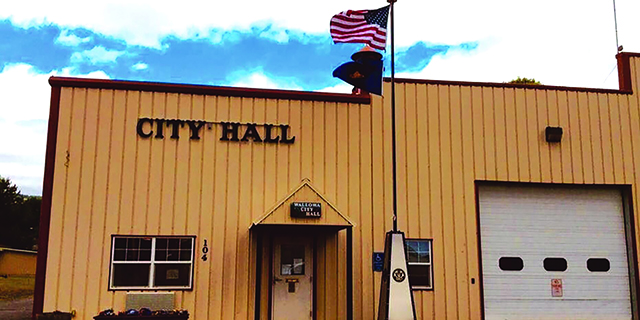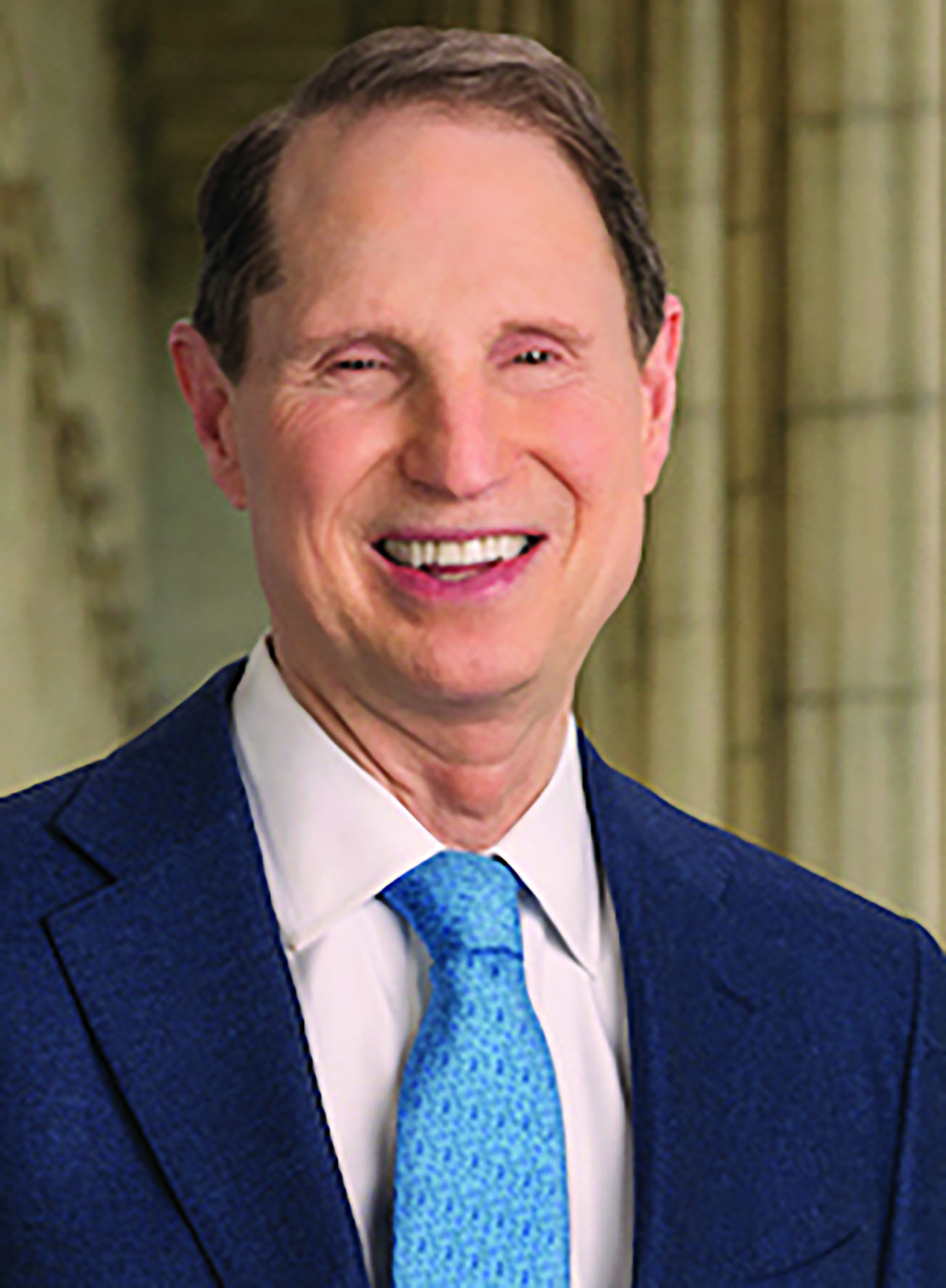Nation’s leader chosen oddly
Published 3:20 am Wednesday, August 26, 2015
If you were asked to explain to an intelligent visitor from another galaxy, or even to an innocent, young American child, how our country chooses a president, you might be hard pressed to provide any rational justification for some of our peculiar practices.
Here are a few of the questions that an alien or an ingenue might ask. (Just for fun, you might want to imagine answering each question briefly as you read along.)
Trending
Who is eligible for this prestigious, powerful job? What skills or experience are required? Why do so few people compete when an opening for a low-paying job in a small town might get as many applicants?
How does the selection process work? Who gets to vote for president? What is a citizen? Who makes the rules? Who counts the votes, and how are they counted?
What is a political party? How many parties are there? If there are a lot of parties, why are two of them so important compared to all the others? How do the rules of each party affect the selection process for president?
What is a house party? What do you mean by fund-raising? Why does it cost a lot of money to run for president? Do people buy votes?
How do the voters learn about all the candidates? Who decides which candidates get on television or in the newspaper? What do you mean by “the media”? Who owns it and who runs it?
Do all the people vote on the same day? What do you mean by a primary election and a general election? What is a caucus? How does each state decide how and when it votes? Why do Iowa and New Hampshire get to go first and second, and why are those two states so important?
Trending
What is a convention? What do you mean by a “campaign”? Is that like a battle or a war? And what is the electoral college? Does the president have to attend the electoral college? Huh? So only those people really get to vote? How do they get chosen? Wow!
When you step back from this little exercise and take a look at how our presidential election is covered in “the media,” it is no less peculiar. Indeed, at a moment when one particular candidate who has never held elective office is currently gobbling up just about all the print and television coverage, the whole process seems much more like a reality television show than a forum designed to educate voters about the merits of a field of credible candidates.
Just for the record, and perhaps if only for the reason that some of these candidates might never see their names in print in the Chieftain or perhaps in many other newspapers again, it is worth noting that there are currently seventeen declared “serious candidates” (as determined primarily by media blessing) on the Republican side, and five on the Democratic side.
The Republicans are, in the rough order of their current standings in public opinion polls, and with a mention of their highest career accomplishment: billionaire entrepreneur Donald Trump, former Florida Governor Jeb Bush, neurosurgeon Ben Carson, Wisconsin Governor Scott Walker, Florida Senator Marco Rubio, Ohio Governor John Kasich, Texas Senator Ted Cruz, Kentucky Senator Rand Paul, former Hewlett-Packard CEO Carly Fiorina, former Arkansas Governor Mike Huckabee, New Jersey Governor Chris Christie, former Texas Governor Rick Perry, former Pennsylvania Senator Rick Santorum, South Carolina Senator Lindsey Graham, Louisiana Governor Bobby Jindal, former New York Governor George Pataki, and former Virginia Governor Jim Gilmore.
Current Democratic candidates constitute a much smaller field, comprised of: former Secretary of State Hillary Clinton, Vermont Senator Bernie Sanders, former Maryland Governor Martin O’Malley, former Virginia Senator Jim Webb, and former Rhode Island Governor Lincoln Chafee.
The importance of the office of the presidency, and the respectable résumés of many candidates who have so far gained such scant media attention, seem to warrant at least the modest recognition that these people are running.
Please excuse this brief interruption. Now, we will resume our normal broadcasting schedule of absurd political theater.
John McColgan writes from his home in Joseph.









